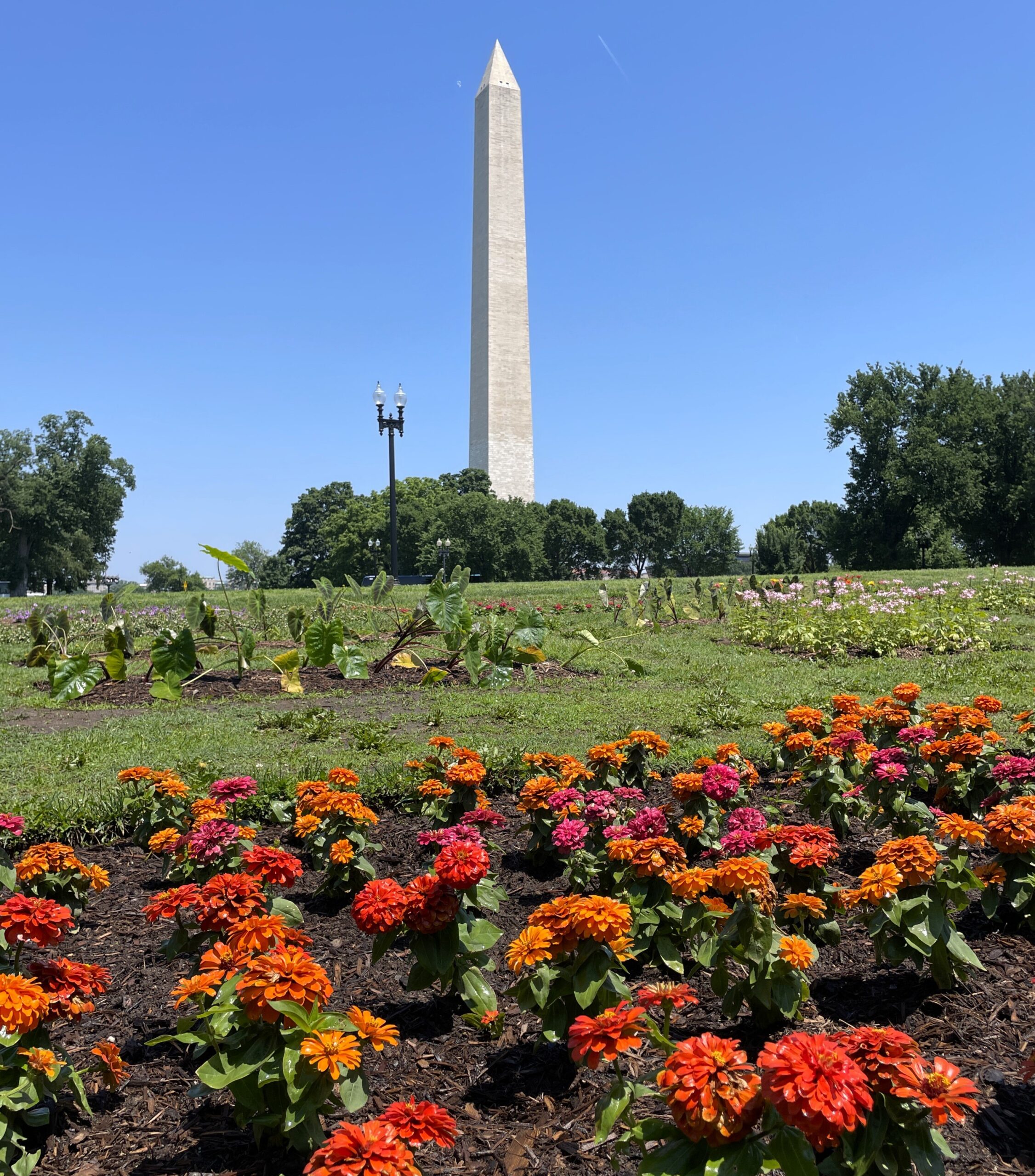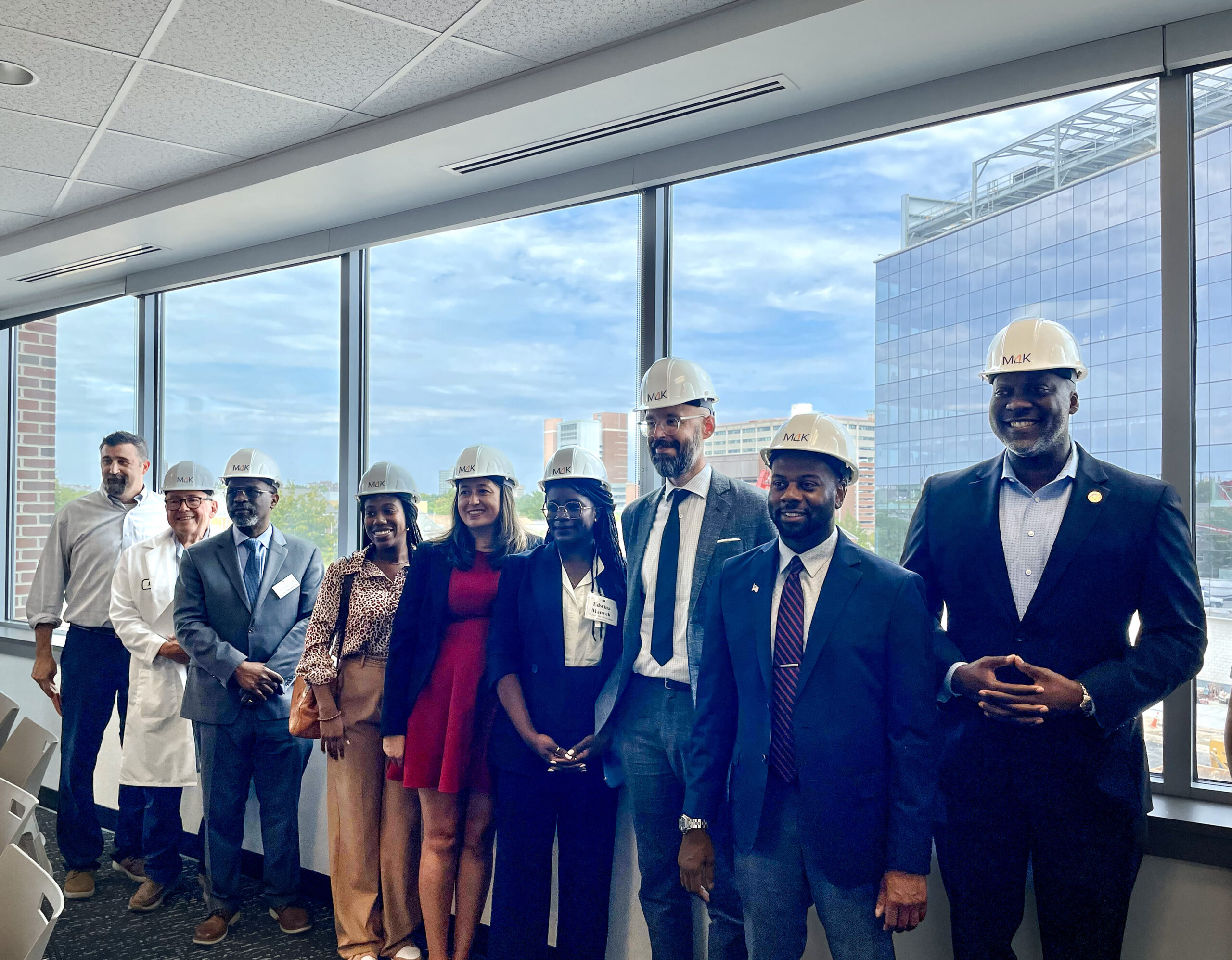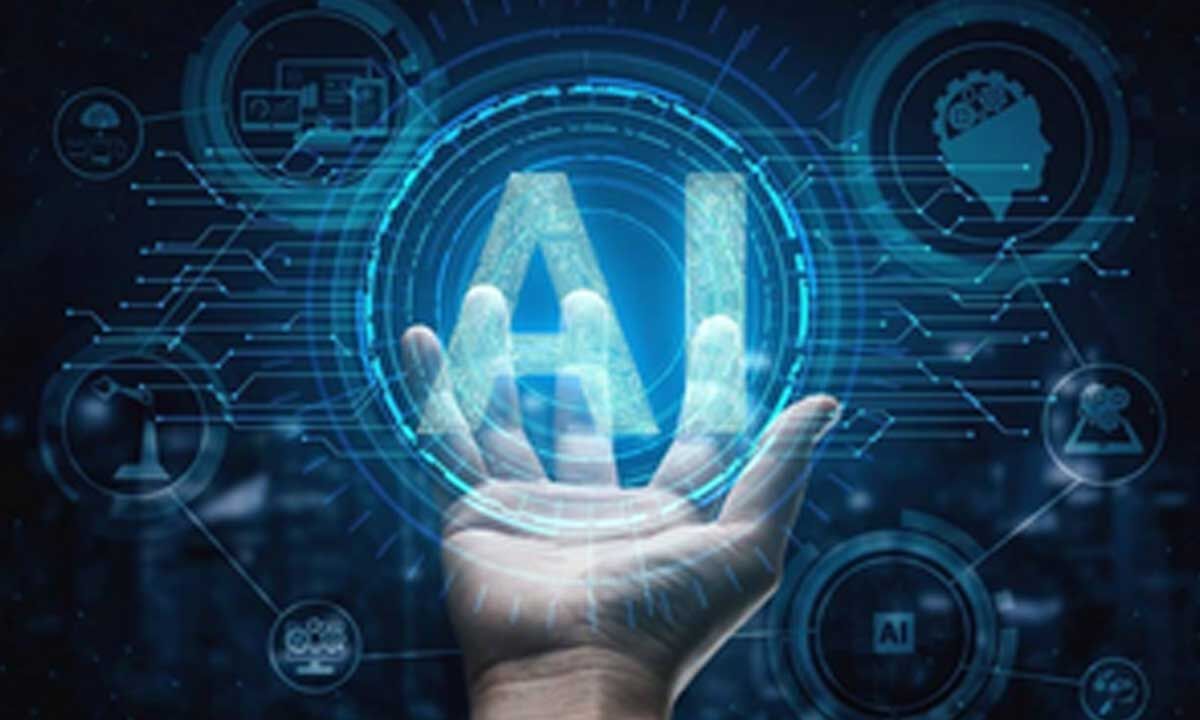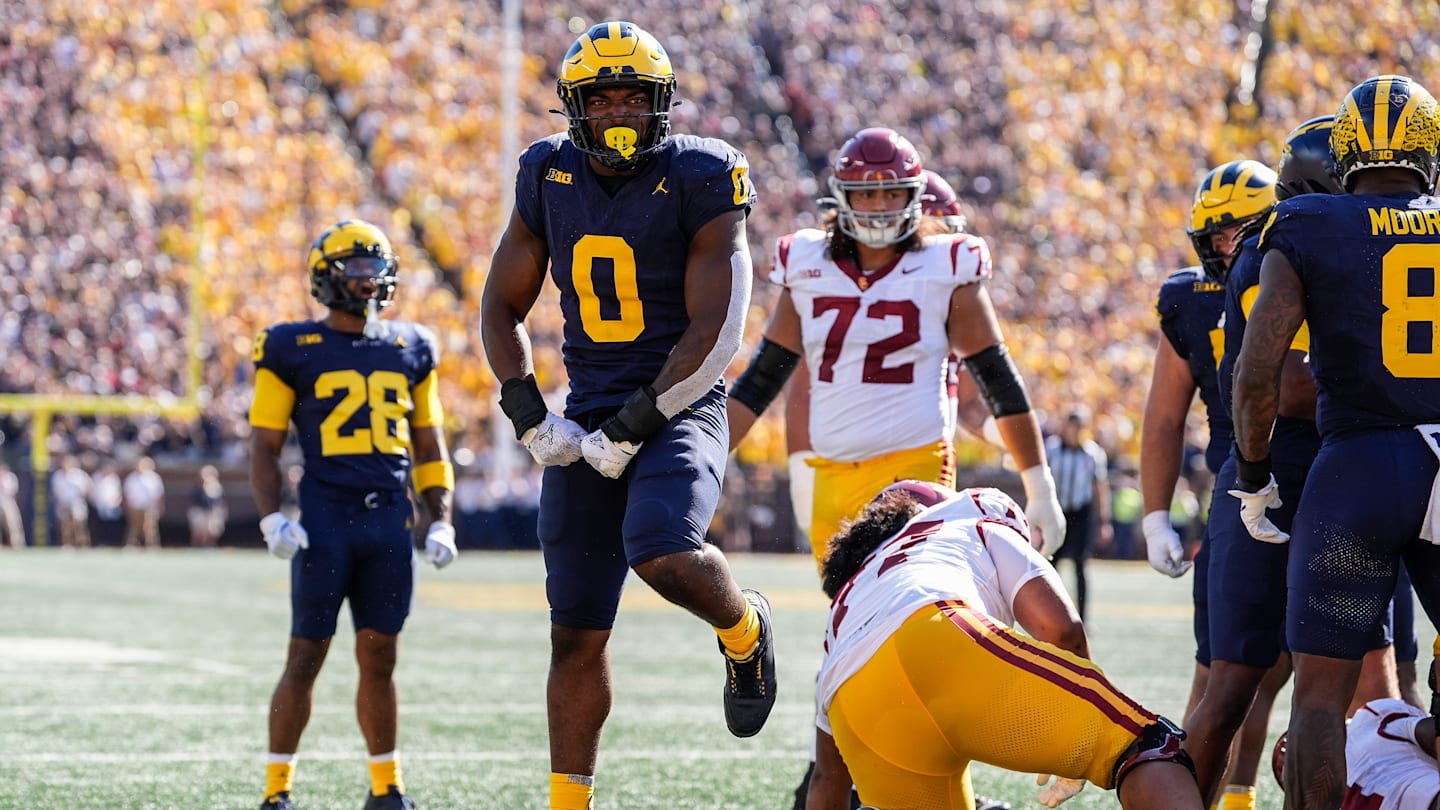The DMV’s tech community had a busy 2024, with the mix of highs and lows you’d typically expect from the region’s politics.
Local companies scored monumental contracts with the feds, the district invested in building tech prowess and startups reported new capital. At the same time, nonprofits shut down and contracting giants got caught up in government agencies’ crosshairs.
Ahead of the year’s end, as a new administration heads to DC’s halls of power, Technical.ly is looking back on local innovation’s defining 2024 stories — and what the last 12 months could mean for the future.
Tech organizations shutter, but replacements step in
Following a pandemic-era spike in philanthropic funding to local and national nonprofits, several organizations shut down in the region in 2024.
After 27 years, the DC-based digital literacy nonprofit Byte Back abruptly closed over the summer and did not cite reasons why. Donna Walker James, the executive director of Computer CORE in Virginia, decided to step in when she heard the news. The nonprofit has a similar mission, and James began to accept students Byte Back students in DC and Maryland so they could continue learning and getting tech certifications.
That’s not the only example of local leaders pivoting to keep providing resources for the tech workforce. Women Who Code, a nonprofit that hosted workshops and local meetups in 145 countries, closed in the spring.
Applied scientist Mary Gibbs, who previously helped organize local programming through Women Who Code, knew she had to keep that resource alive for women and non-binary technologists in the region. She and her team created Women and Gender eXpansive Coders, which hosts regular meetings and workshops for these underrepresented groups.
Feds and tech companies continue collaborations
The appeal of proximity to Capitol Hill and the White House continued to wrap the private sector in DC’s orbit.
While VC firms didn’t make a ton of deals in 2024, they did establish a presence in DC: Silicon Valley giants Andreessen Horowitz and the Westly Group announced plans to set up offices.
Federal contracting also sustained its major economic role. The College Park-based quantum company IonQ scored millions in contracts, including a $54.5 million contract with the United States Air Force Research Lab.
These contracts also yielded controversy this year. The FBI raided Carahsoft’s Reston headquarters in September; while the reasons remain unconfirmed, the tech and hardware distributor faces an ongoing court case over alleged price-fixing.
Plus, a jury found CACI, a Reston-based defense contractor, liable for abusing detainees alongside US Army personnel at Iraq’s Abu Ghraib prison in the early 2000s. Three formerly detained Iraqi men are set to be awarded $42 million in total, while CACI plans to appeal the decision.
The National Institute for Standards and Technology (NIST) waded into artificial intelligence policy conversations in February by establishing the AI Safety Institute Consortium to develop science-based safety standards. An initiative to test and study different AI systems launched over the summer, and NIST also announced agreements with Anthropic and OpenAI to carry out research about AI safety.
These projects were made possible through the Biden administration’s AI executive order, which President-elect Donald Trump has promised to repeal.
DC government leans into tech
At the city level, the district found ways to use more tech in its operations.
DC Compass, a beta AI chatbot to help residents navigate open data, launched in the spring. It purely takes from DC’s roughly 2,000 sets of public data, including information on where trees are planted, the city’s parks and how many traffic lights there are.
Stephen Miller, the city’s acting chief technology officer, has assured residents DC is ready to use AI transparently, ethically and safely.
The district is using tech in traffic safety, too. It deployed a device, called a SmartSign, that senses if drivers are on their phones, not wearing seatbelts or driving too fast.
Plus, as DC missed its Vision Zero goal of 2024, officials continued to lean on public transparency through tech. That effort includes a dashboard tracking car accidents and traffic safety projects, and the former is updated daily by workers at the District Department of Transportation.
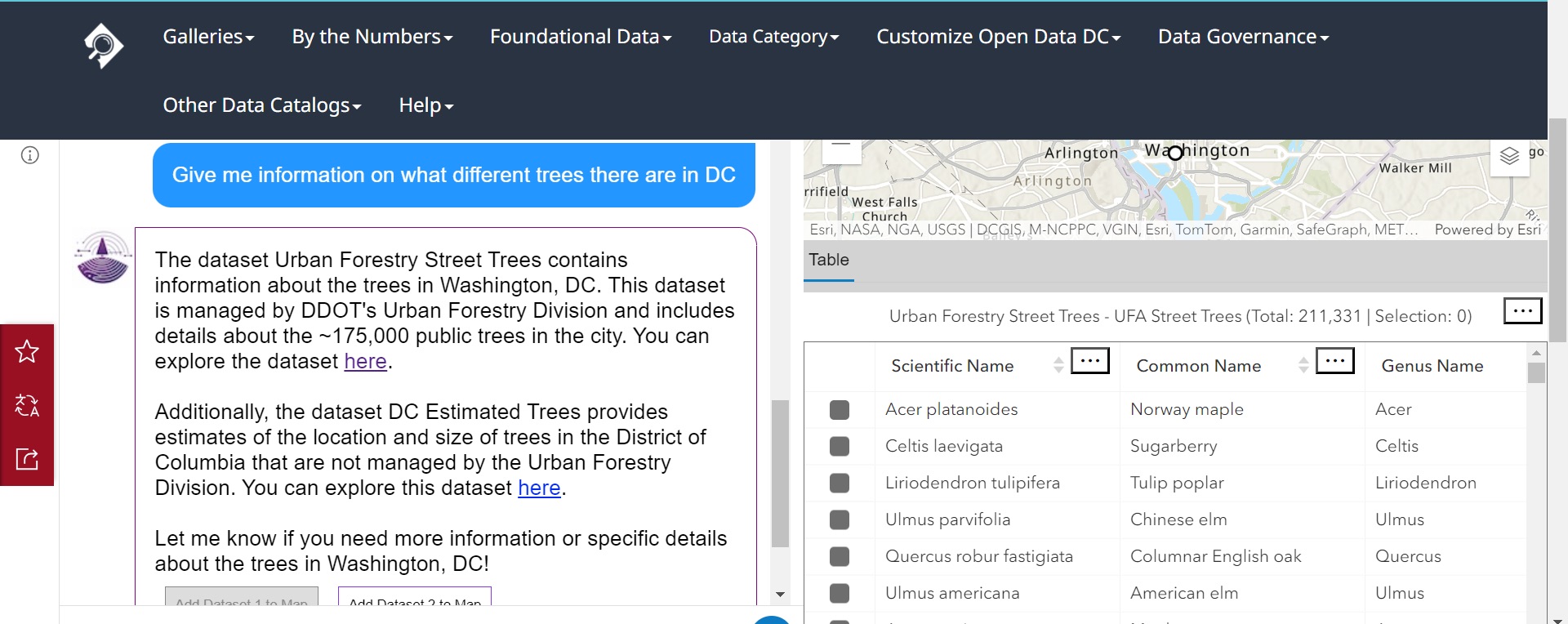
Cyber companies expand
DC houses many industries, but the needs of the federal government, its contractors and multinational corporations made cybersecurity a dominant sector for decades. Regional cyber companies reported major raises despite lower VC momentum overall.
Major deals for established firms included RunSafe Security’s $12 million Series B and the $11 million Series B extension the risk management platform Sepio Systems closed in August.
New startups also emerged on the scene with large rounds, including Heeler Security’s $8.5 million seed over the summer.
Outside of capital, companies released products, too, like the ransomware tools Adlumin launched in the spring. The Inc. 5000 company was ultimately acquired by the publicly traded software firm N-able in November.

